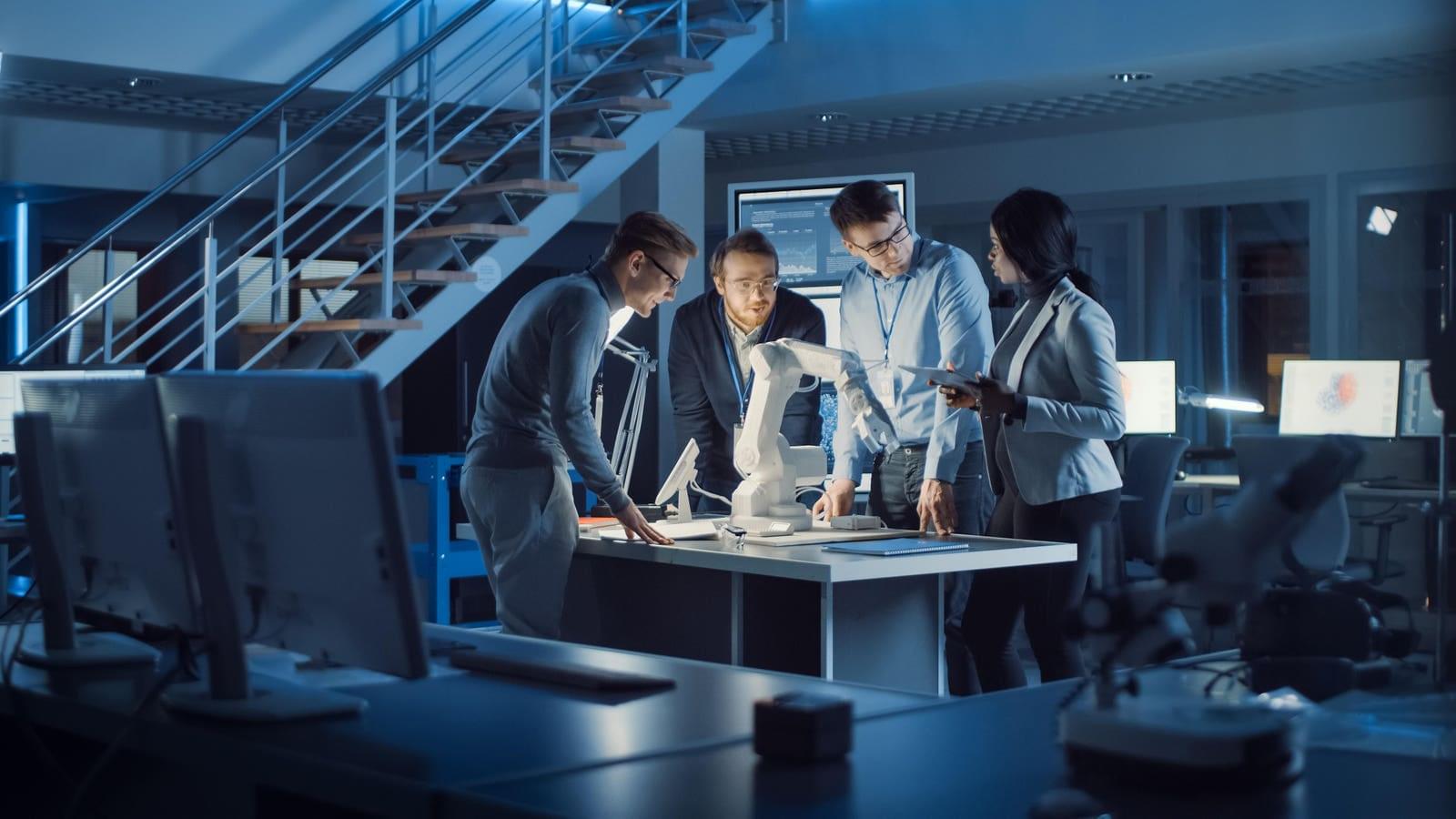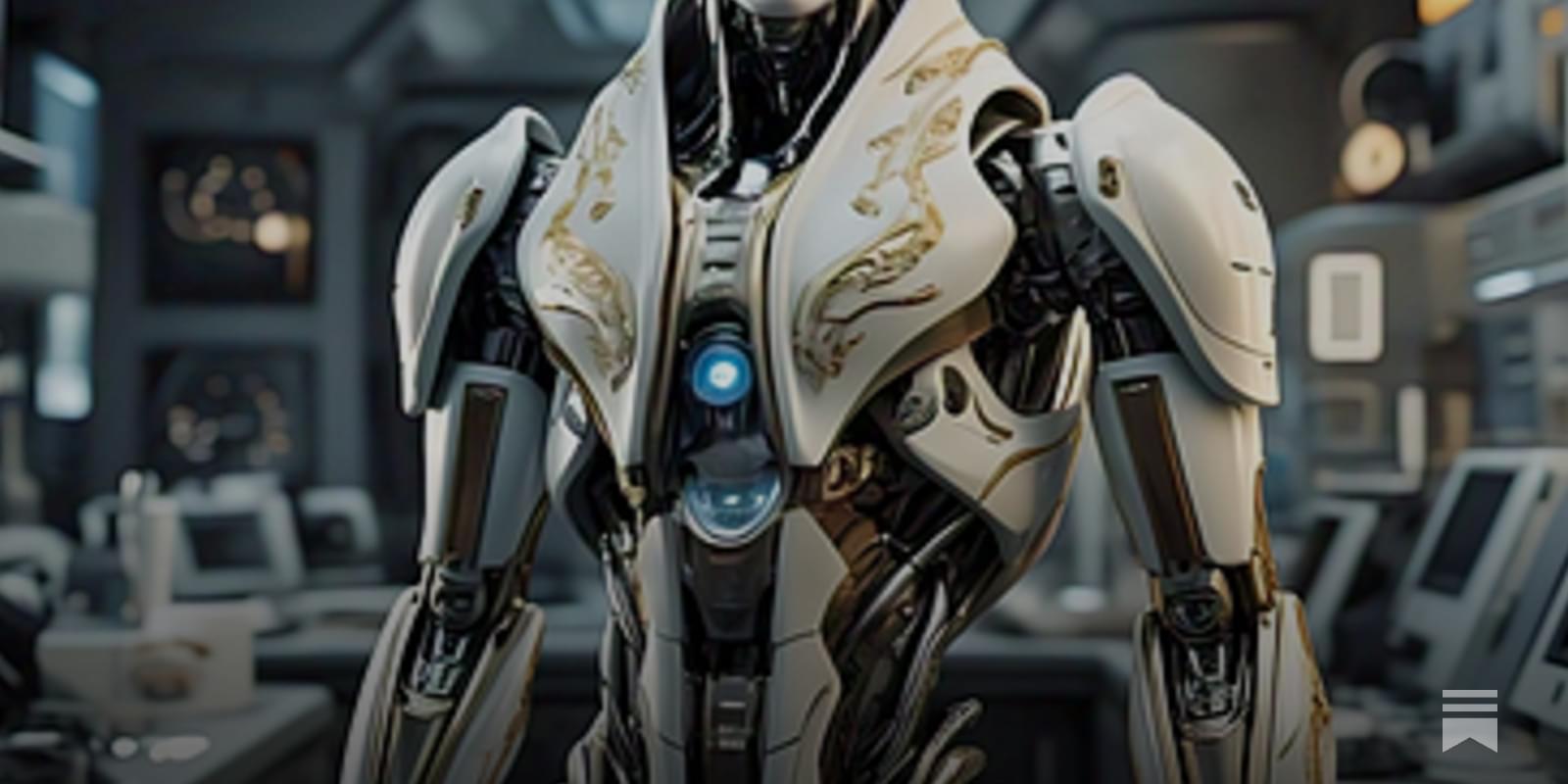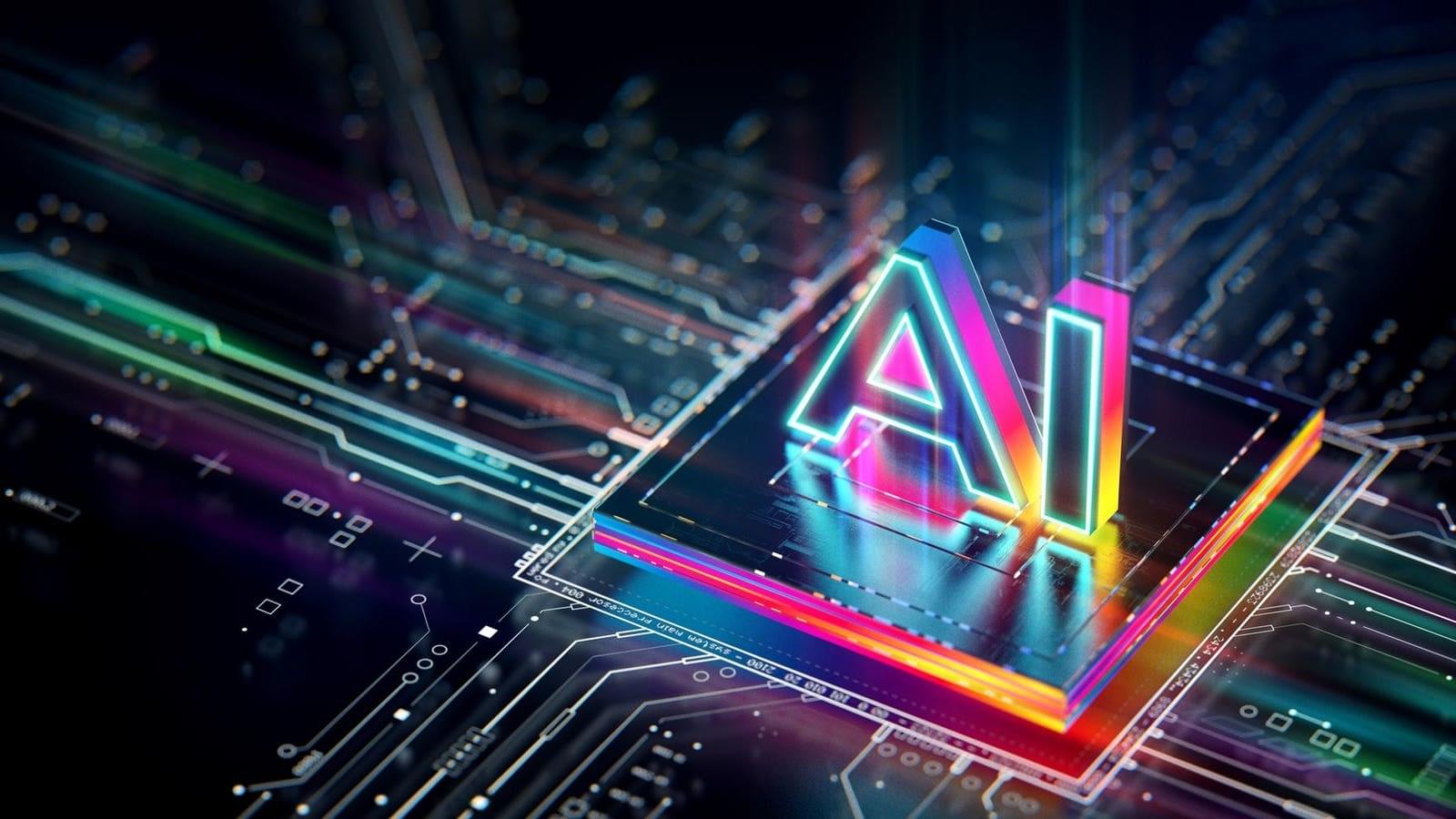AI agents have transformative potential for businesses, but implementing them effectively will take time and care. Here’s how to get started.


Health, vitality and longevity through bioengineering — kevin caldwell — CEO, ossium health.
Kevin Caldwell is CEO, Co-Founder & President of Ossium Health (https://ossiumhealth.com/), a commercial stage bioengineering company that leverages its proprietary organ donor bone marrow banking platform to develop stem cell therapies for patients with life-threatening hematologic conditions, organ transplant rejection, and musculoskeletal defects.
Mr. Caldwell built Ossium from a small startup into the clinical stage bioengineering company it is today, setting the company’s mission to improve human health through bioengineering and designed its platform-based model for cellular therapeutics development. He has led the company’s successful pursuit, negotiation, and execution of more than 50 business relationships, including 5 successful fundraisings and dozens of supply partnerships, clinical partnerships, and commercial contracts with biopharmaceutical companies.
After seven years of strategic engagement and networking, Mr. Caldwell drove the team to successfully secure a transformative federal contract with BARDA (Biomedical Advanced Research and Development Authority) that validates Ossium’s innovative approach. This milestone represents the culmination of persistent relationship-building, targeted proposals, and unwavering commitment to addressing national biomedical challenges through cutting-edge technology and collaborative partnerships.
Prior to founding Ossium, Mr. Caldwell served as an Engagement Manager at McKinsey’s San Francisco office where he advised clients in the biotechnology and healthcare sectors. His projects ranged from due diligence of acquisition targets in the biotech startup ecosystem to restructuring distressed biopharma companies. Mr. Caldwell led more than 20 engagements with more than a dozen clients, leading teams that advised clients on revenue growth, go to market strategy, and organizational restructuring.

In today’s AI news, Meta on Tuesday announced that it’ll host its first-ever dev conference dedicated to generative AI. Called LlamaCon after Meta’s Llama family of generative AI models, the conference is scheduled to take place on April 29. Meta said that it plans to share the latest on its open source AI developments to help developers build amazing apps and products.
In other advancements, after her sudden departure from OpenAI last fall, ex-CTO Mira Murati vanished from public view to start something new. Now, she is ready to share some details about what she’s working on. Her new AI startup is called Thinking Machines Lab, and while the specifics of what it plans to release are still under wraps, the company says its goal is “to make AI systems more widely understood, customizable and generally capable.”
Meanwhile, In a new paper, OpenAI researchers detail how they developed an LLM benchmark called SWE-Lancer to test how much foundation models can earn from real-life freelance software engineering tasks. The test found that, while the models can solve bugs, they can’t see why the bug exists and continue to make more mistakes.
And, Humane is selling most of its company to HP for $116 million and will stop selling AI Pin, the company announced today. AI Pins that have already been purchased will continue to function normally until 3PM ET on February 28th, Humane says in a support document. After that date, Pins will “no longer connect to Humane’s servers.”
Then, in this episode of Top of Mind, Gartner Global Chief of Research Chris Howard breaks down the buzz around agentic AI. Learn how AI agents can make autonomous decisions, optimize solutions and even collaborate in multi-agent systems to transform the future of business now.
And, inbound conversational AI phone calls can now easily be personalized using Twilio and ElevenLabs Conversational AI. Provide dynamic variables based on the inbound caller id, and override the prompt, language, first message to fully customize your voice AI agents.
In other videos, Tim is diving into SkyReels, a powerful new AI video model that’s free, open-source, and comes with its own robust platform. In this deep dive, he’ll walk through SkyReels’ unique features—from its human-centric training data to its text-to-video and image-to-video workflows.

For example, Real Entrepreneur Women, a career coaching service, has developed an AI coach called Skye. “Skye is designed to help female coaches cut through overwhelm by providing actionable strategies and personalized support to grow their businesses,” said founder Sophie Musumeci. “She’s like having a dedicated business strategist in your pocket – streamlining decision-making, creating tailored content, and helping clients stay consistent. It’s AI with heart, designed to scale human connection in industries where trust and relationships are everything.”
In the next few years, Musumeci predicted, “I see democratized AI creating new business models where the gap between big and small players closes entirely, giving more entrepreneurs the confidence and capability to thrive.”
Education is another area ripe for AI disruption, and it’s possibilities for hyper-personalization in learning. “The current education system in USA is designed to educate the masses,” said Andy Thurai, principle analyst with Constellation Research. “It assumes everyone is at the same skill level and same interest in areas of topic and same expertise. It tries to push the information down our throats, and forces us to learn in a certain way.”

In today’s AI news, Galileo launched an Agent Leaderboard on Hugging Face, an open-source AI platform where users can build, train, access, and deploy AI models. The leaderboard is meant to help people learn how AI agents perform in real-world business applications and help teams determine which agent best fits their needs.
In other advancements, Bloomberg reported Friday that xAI is canvassing existing investors, including Sequoia Capital, Andreessen Horowitz, and Valor Equity Partners for the round, which would bring xAI’s total raised to $22.4 billion, according to Crunchbase. Bloomberg also noted that discussions are ongoing and that the terms of the fundraising round may change.
Ve done mobile app development will know how challenging it can be to deliver the right kind of experience on a smartphone. + And, while speaking with former U.K. Prime Minister Tony Blair at the World Governments Summit in Dubai on Wednesday, Oracle cofounder and executive chairman, Larry Ellison said that while government organizations collect massive amounts of data, it is highly fragmented, making it hard to feed it into an AI model.
In videos, the Imagination in Action video series from Davos 2025 is being uploaded and we’re featuring the sessions in today’s newsletter. First we dive into an in-depth panel discussion featuring AI visionaries Max Tegmark, Demis Hassabis, Yoshua Bengio, Dawn Song, and Ya-Qin Zhang. In this engaging conversation, the experts unpack the distinctions between narrow AI, AGI, and super intelligence …
And, an expert panel explores how regulation can drive innovation in AI, featuring perspectives from panelists: Robert Mahari, JD-PhD at Massachusetts Institute of Technology and Harvard Law School, Pablo Arredondo, Vice President of CoCounsel at Thomson Reuters and Founder of Casetext, Part of Thomson Reuters, Julia Apostle, Partner at Orrick, Herrington & Sutcliffe LLP, Gabriele Mazzini, Fellow at MIT Connection Science and Architect of EU AI Act.
Then, join AI pioneer Andrew Ng as he breaks down how artificial intelligence is moving beyond the hype to deliver tangible business results.
In this exclusive conversation with Link Ventures’ John Werner at Davos 2025, Andrew explains how AI innovations are saving costs—from making ships 10% more fuel efficient to boosting profitability in pricing analytics and legal compliance.



Yuval Boger is the Chief Commercial Officer of QuEra Computing, a leader in neutral-atom quantum computers.
Quantum computing and artificial intelligence stand at the forefront of modern technological advancement, each representing a paradigm shift that can transform industries ranging from healthcare and finance to logistics and materials science. Not long ago, these two fields appeared to be competitors vying for the same innovation budgets—while AI generated immediate returns, quantum computing was seen as a more speculative endeavor. However, the reality is more nuanced. Rather than being rivals, quantum and AI can symbiotically accelerate one another’s progress, sparking breakthroughs that neither could achieve in isolation.
AI is widely deployed today, driving business value via deep learning models, sophisticated analytics platforms and even self-driving technologies. Executives can see tangible returns in short timeframes, spurring widespread adoption. Quantum computing, by contrast, has yet to reach full commercial viability.

As the age of technology continues to explode, it is essential that we do not gloss over the amount of learning and skill it takes to address the ever-increasing complexity of technology, society and business. This moment affords us a unique opportunity. To design our learning levels and to design our professionals. I thought I would take that opportunity to show some of the skills necessary in architecture and how important they are to creating the next generation of leaders.
As one person said to me just yesterday, “The current business environment does not allow the application of such deep learning and reflection in architecture. We have to get in and do what we can fast.” I hear similar quotes regularly. And that is ok, there are times when we have to move quickly. But there are many more times we need a deeply experienced professional to be able to move quickly!
What does it mean to learn a skill? It means to have repeated success at that competency, over and over with the guidance of someone even more experienced. It means understanding theory, practice, and what can go wrong!
